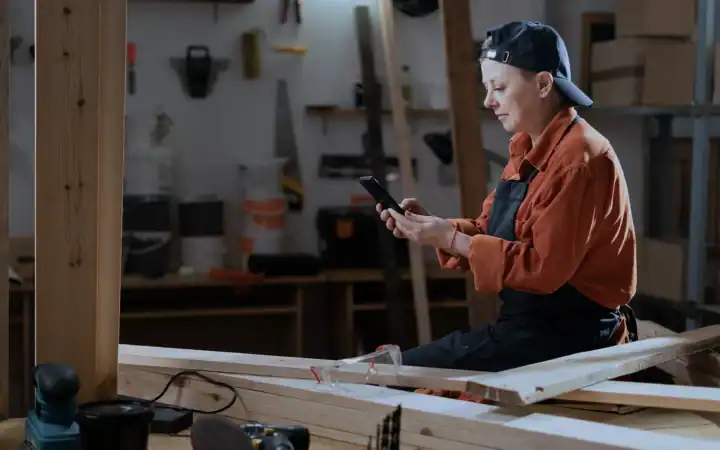Introduction
You arrive on site at 6:45 am, coffee in hand. But something feels off. Your crew is quiet. Yesterday’s theft still hangs in the air. The missing tools. The damage to the van. The worry in someone’s eyes. In this moment, you realise: it’s not just what was stolen — it’s the anxiety and disruption that drag productivity down. In the UK construction sector, theft is more than just a financial loss. It affects mental health, morale and output. This post explores the background, the key arguments and practical ways to reduce the impact of theft on productivity.
1. Background: Theft, Stress & Site Productivity
- Theft on UK construction sites is surging. A recent report noted that two-thirds of firms said theft increased in 2023. Construction View Online+2Verselo – Low Profile Window Handles+2
- The financial toll is immense: around £800 million per year is cited for the cost of crime in the sector. Prime Management Group+1
- But the hidden cost — anxiety, stress, lost focus — is just as real. For many workers, the fear of theft and repeated incidents affect their mental health and willingness to perform at full speed. Planning, Building & Construction Today+1
2. Main Arguments & Points
• Theft = lost time and productivity
- Every theft event disrupts the workflow: equipment missing, tasks postponed, crews waiting. Even a short delay cascades into further inefficiencies.
- According to productivity analyses, delays and rework are among the biggest productivity thieves. Fieldwire
- Anxiety among workers reduces responsiveness, decision-making speed and morale — all key productivity drivers.
• Anxiety multiplies impact
- One in four UK construction workers has been left out of pocket from stolen tools, and the stress from that becomes a distraction. Construction View Online
- When mental health suffers — stress, worry, fear of repeat incidents — work quality and pace suffer too. ukconstructionmedia.co.uk
• Security = productivity enabler
- Firms that invest in site security tools (CCTV, alarms, access control) don’t just reduce theft — they reduce downtime and anxiety, enabling smoother workflow. Construction Management+1
3. Practical Tips
- Audit your site vulnerability: Identify weak access points, secure high-value tools and materials, review storage overnight.
- Implement rapid response security measures: Use alarms, CCTV, lighting — visible deterrents reduce anxiety and actual theft.
- Engage your workforce: Communicate the risk of theft, encourage reporting of suspicious activity and foster a culture where security is shared.
- Track impacts: Log theft incidents, delays caused, hours lost — quantifying the loss helps justify investment in prevention.
- Support workforce mental health: Offer support for stress and anxiety, recognise that security issues affect people not just property.
Conclusion
Theft on construction sites in the UK is not just a matter of missing kit or higher insurance premiums. It’s a real drag on productivity — via delayed tasks, reduced morale and increased anxiety. By understanding the background and the link between theft and lost output, and by applying practical security and wellbeing measures, site teams can transform vulnerability into control. In doing so, you not only protect assets — you protect performance, people and profit.

